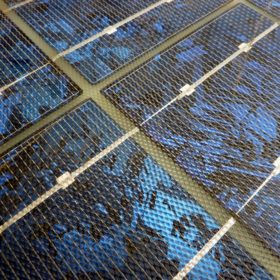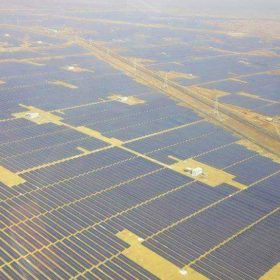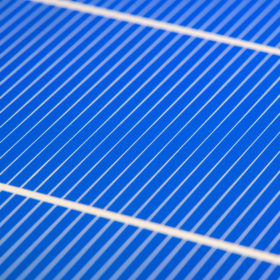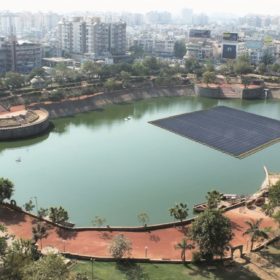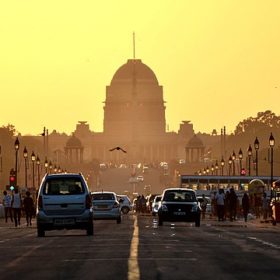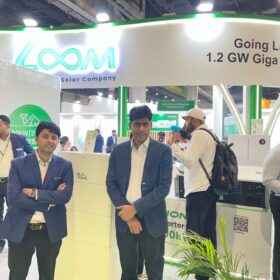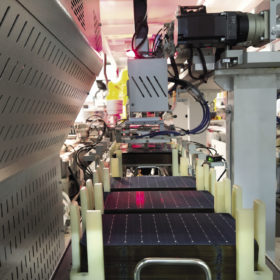Double blow for SECI as mega tenders are met with apathy
Only three bidders have come forward for huge manufacturing-linked solar and solar-wind hybrid procurement exercises. The separate auctions – originally intended to drive 12.5 GW of new generation and 5 GW of manufacturing capacity – prompted figures of just 3.05 GW and 600 MW, respectively.
Fears 10 GW solar tender will be scrapped
The Solar Energy Corporation of India’s (SECI) much-hyped 10 GW manufacturing-linked tender, which has already been postponed six times, received a very tepid response on Monday, the last submission date.
SECI to float 4 GW of solar tenders in 4 months
Caught in a confusion of canceled auctions, tariff wars, safeguard duties and missed targets, the Indian government is now fast tracking solar power, having asked the Solar Power Corporation of India (SECI) to float 4 GW worth of tenders in four months.
Tariff tussle grows over pricing of 970 MW project
The Solar Energy Corporation of India (SECI) and Karnataka Electricity Regulatory Commission (KERC) have locked horns over the power pricing of a 970 MW solar project.
SECI hikes tariff ceiling to lure bidders
Reeling from a no-show from bidders at various auctions, the Solar Energy Corporation of India (SECI) has raised the ceiling price for two of its mega tenders by 10 paise (US$0.0014) each.
Indian PV procurement leapt to 3 GW in October figures
Developers gave short shrift to gloomy predictions about depreciation, protectionism and tax headwinds as tendering and auction figures soared, but they shied away from the tough price caps set for SECI’s procurement exercises.
SECI director floats idea of further large-scale reservoir PV
With the Solar Energy Corporation of India having already proposed 10 GW of solar be located on artificial bodies of water over the next three years, Shailesh Mishra has mooted ambitious plans at four more locations.
Hits and misses among latest 10 GW solar tender amendments
While the timelines for PV power plant execution and completion of manufacturing facilities are now more realistic, production obligations – especially for capacity utilization – need to be revisited.
Solar City Initiative phase two launched in Delhi
The programme allows the installation of solar roof atop apartment blocks, which otherwise could not install such systems. Potential in the area is around 15 MW, of which 6 MW have been signed up for already. Another 5 MW should be developed in this second phase of the project.
ReNew Power to develop 3 MW floating PV project in Andhra Pradesh
SECI has opened up to 10 GW of floating PV for expressions of interest to accelerate adoption of the solar platform. The potential generation capacity for the technology in India is enormous, with 700 GW possible if just one-third of the country’s water reservoirs are exploited.

